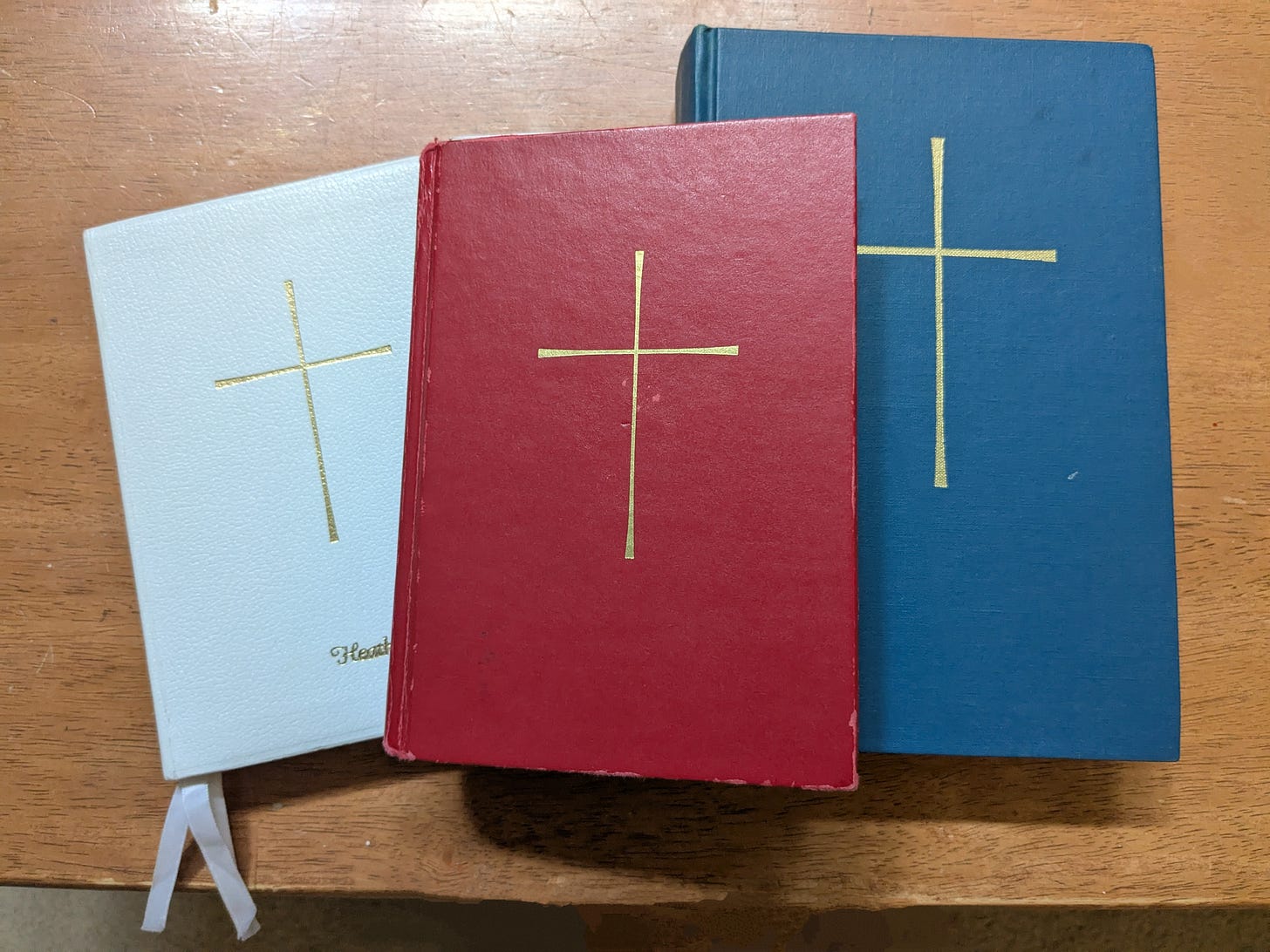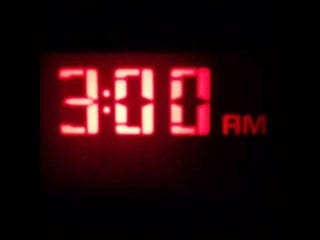This summer series will explore questions that we may wonder when we’re awake at 3:00 a.m., or, generally, in the middle of the night. Some of my reflections will come from my experiences as a chaplain working the night shift at a Level I Trauma Center. Other stories come from other times in my life. If you have questions that you wonder when you’re awake in the middle of the night, I invite you to leave a comment or message me to submit them, as I’d love to ponder more than just the ones I’ve thought of or been asked. Also, as a little fun, I’ll schedule these posts to publish at 3:00 a.m. EST.
When we are awake in the middle of the night, sometimes our prayer is simply, “Help me go back to sleep.” We may repeat this mantra for a while, “Please. I want to go back to sleep.”
Unlike other posts in this series, this is one in which I’m giving you practical advice. None of these answers may work for you, and that’s ok. Hopefully, they’ll at least get you thinking of what prayers are a better fit for you and align with your tradition and beliefs. Also, these are not prayers intended to help you fall back asleep! Rather, these prayers are ways to focus your mind and slow down your racing thoughts.
So, how do I pray? For Christians:
The disciples ask Jesus this question and his answer is what Christians commonly call “The Lord’s Prayer.” Many of us know this prayer by heart, which makes it easy to access in the middle of the night when we may not want to put a lot of thought into our prayer. You can recite it as you learned it. Or, sing it. For two years, I worshiped with a congregation who sang The Lord’s Prayer each Sunday and that melody is still ingrained in me. Personally, I don’t find it as meaningful to recite something from rote. However, when I sing the Lord’s Prayer, it hits different for me. While I’ve never sung it in the middle of the night, over the years it’s what I sing in my head during a CT scan, bone scan, or other medical procedure where you have to hold still for a time that you know is limited but feels indeterminate while you’re undergoing it. So, I sing it on repeat. After all, “he who sings, prays twice.”
In the Episcopal tradition in which I grew up, there is an order of prayer specifically for nighttime. It’s called Compline and it’s found in the Book of Common Prayer, or online here.

When I was confirmed, I received three Books of Common Prayer. The blue one is in Spanish and from my late godfather. The red one was from the church. And the white one, with my name embossed on it, from my grandparents and is the one I use the most because it is the most lightweight. The Compline liturgy begins by saying, “The Lord Almighty grant us a peaceful night and a perfect end.” The antiphon that repeats is “Guide us waking, O Lord, and guard us sleeping; that awake we may watch with Christ, and asleep we may rest in peace.” Finally, just before the final blessing is the Song of Simeon, “Lord, you now have set your servant free to go in peace as you have promised; For these eyes of mine have seen the Savior...”
It is a peaceful, calming liturgy, no matter what liturgical season or which combination of psalms and prayers you choose. Of the many, many beautiful prayers for nighttime, these two are my favorite:
“Be present, O merciful God, and protect us through the hours of this night, so that we who are wearied by the changes and chances of this life may rest in your eternal changelessness; through Jesus Christ our Lord. Amen.”
I preached once on that phrase about being “wearied by the changes and chances of this life.” It’s a feeling many of us can relate to.
“Keep watch, dear Lord, with those who work, or watch, or weep this night, and give your angels charge over those who sleep. Tend the sick, Lord Christ; give rest to the weary, bless the dying, soothe the suffering, pity the afflicted, shield the joyous; and all for your love's sake. Amen.”
This prayer became my go-to during middle of the night feedings with infants. Keep watch, dear Lord, keep watch.
How do I pray? Non-tradition specific:
Meditation is a practice where you focus your attention in order to emotionally regulate. You may focus on an object, like a candle or a flower, or close your eyes and focus on your breath. In addition, you can meditate just about anywhere, even while moving. For example, on a walk, while your body is busy moving without having to think too much about it, leaving your mind free to focus your thoughts.
Centering can overlap with meditation, except that you have a specific object or word that you’re focusing on. It also usually involves being still, so that you can center yourself.
A body scan is where you go body part by body part, from your head to your toes (or toes to your head) and spend time focusing on each part. How is it feeling? Does it hurt? Is it holding tension? Can you relax it? Thank it for the work it does to support you.
These are not meant to be exhaustive lists. What is your middle of the night prayer? Leave a comment and let me know.





As a girl, I would picture myself walking thru heaven and approaching God's throne. I never saw his face, but I always found the throne eclipsed by this warm, brilliant, all-encompassing light and love that never burned my eyes. I knew this was the Almight God.